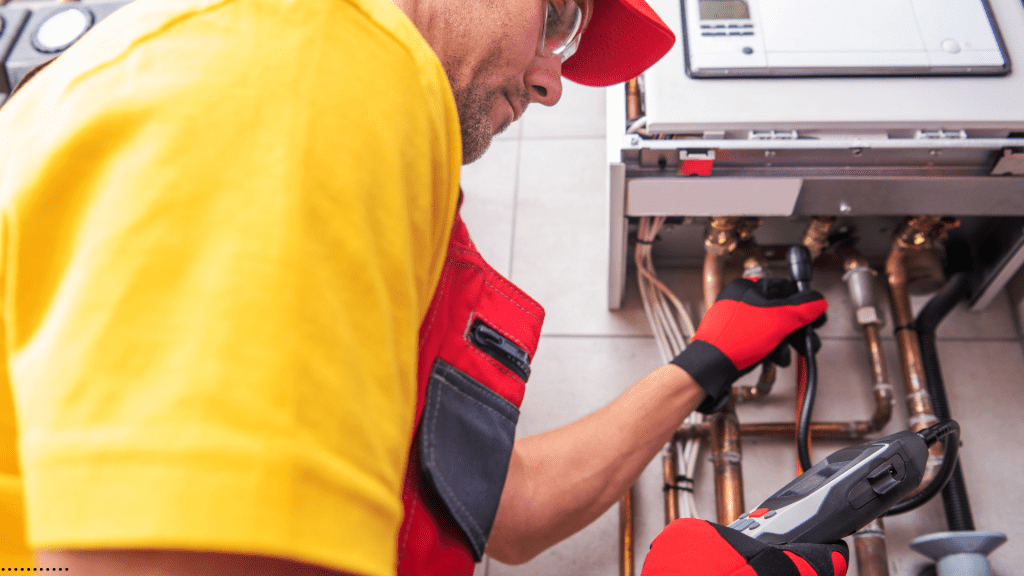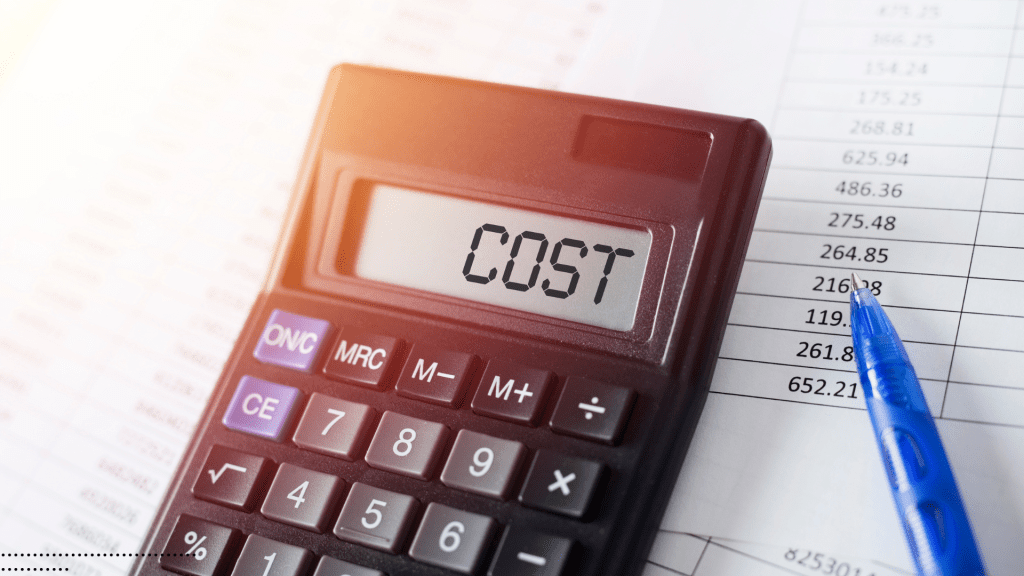As a expert, understanding what a Gas Safety Certificate is can be likened to having a compass in a vast sea of regulations and responsibilities. The certificate is not just a piece of paper; it’s a lifeline that ensures the well-being of everyone in your property.

From knowing when it’s required to the consequences of not having one, the journey into the realm of gas safety certification is essential. Let’s demystify the intricacies of this vital document, shedding light on its significance and implications for maintaining a safe and compliant environment.
Types of Gas Safe Certificates
There are five main types of Gas Safe Certificates, each serving a specific purpose in ensuring gas safety in different settings. Residential or Domestic Gas Safety Certificates are crucial for landlords renting out homes to ensure the safety of their tenants.
Commercial Gas Safety Certificates, on the other hand, are essential for businesses and non-residential properties to comply with safety regulations. New Build Gas Safety Certificates are necessary for newly constructed properties to verify the safety of gas installations.
Property-specific certificates cater to unique gas safety needs, adapting to the requirements of each individual property. Moreover, different certificates for residential and commercial properties address the specific safety concerns of each setting.
Understanding these distinctions is vital in maintaining gas safety standards across various types of properties, safeguarding both occupants and the property itself.
Obtaining a Gas Safety Certificate
To obtain a Gas Safety Certificate, I must schedule an appointment with a Gas Safe Register authorized company for a thorough inspection of gas appliances and fittings. During the inspection, a Gas Safe engineer will assess the safety of all gas-related components in my property. This includes checking gas appliances like boilers, ovens, and heaters, as well as inspecting gas pipework and flues for any potential hazards. The engineer will issue the Gas Safety Certificate within 48 hours if all the checks pass successfully.
It’s crucial to ensure that the engineer conducting the inspection is Gas Safe registered. Before the inspection, I should always ask to see their Gas Safe ID card, which includes a hologram for legitimacy. Additionally, I must make sure to schedule the appointment before my current Gas Safety Certificate expires, as these certificates are valid for up to 12 months. By following these steps, I can guarantee the safety and compliance of my property with gas safety regulations.
Cost of a Gas Safety Certificate

The cost of a Gas Safety Certificate varies depending on factors such as property type, location, and the number of appliances requiring inspection. In my experience, prices typically range from £34 to £150. Residential properties usually fall on the lower end of the spectrum, while commercial properties or larger buildings may incur higher costs.
The number of gas appliances to be inspected also plays a significant role in determining the final price. Additionally, different service providers may have varying pricing policies, so it’s advisable to compare quotes from several Gas Safe registered engineers.
Urgent certificates may come with additional charges, so scheduling inspections in advance can help avoid these extra costs. Ultimately, understanding these factors can help you budget effectively for obtaining a Gas Safety Certificate.
Landlord Obligations and Requirements
As a landlord, my legal obligations include ensuring the maintenance of gas pipework, appliances, and chimney/flues in my rental properties. It’s crucial to conduct annual gas safety checks by a qualified Gas Safe engineer to uphold the safety standards required by UK laws.
Keeping records of these safety checks and providing copies to tenants is essential for compliance. Additionally, it’s my responsibility to prioritize the safety of tenants by promptly addressing any identified safety issues and ensuring the timely provision of the gas safety record.
Emphasizing the importance of pipework safety can’t be overstated as it plays a significant role in maintaining a safe living environment for tenants. By fulfilling these obligations diligently, I contribute to creating a secure and compliant rental space for tenants while adhering to legal requirements and upholding industry standards.
Homeowner Recommendations and Tips
As a homeowner, ensuring the safety and maintenance of gas appliances in your property is key to a secure living environment. While not legally required to have a gas safety record, I strongly recommend annual servicing by a Gas Safe Engineer.
Obtaining a gas safety record provides peace of mind and ensures the proper functioning of gas appliances. It’s crucial to use a Gas Safe Engineer for all gas-related work to guarantee competence and adherence to safety standards. Having a copy of the gas safety record handy allows for easy reference and quick action if needed.
Regular maintenance not only enhances safety but also prolongs the lifespan of gas appliances, saving potential costs in the long run. By prioritizing gas appliance maintenance and safety, homeowners can create a comfortable and secure living space for themselves and their families.
Frequently Asked Questions
Can I Schedule a Gas Safety Check Appointment Online or Does It Have to Be Done Over the Phone?
I prefer scheduling my gas safety check appointment online for convenience. It’s a quick process and allows me to choose a suitable slot. I receive confirmation promptly, making it hassle-free compared to phone bookings.
Are There Any Specific Requirements for Where the Gas Safety Certificate Should Be Displayed Within a Rented Property?
There are specific requirements for displaying a gas safety certificate in a rented property. It should be visible to tenants, ideally in a common area like the kitchen, to ensure they are aware of the property’s gas safety compliance.
What Should Tenants Do if They Suspect a Gas Safety Issue in Their Rental Property but the Landlord Has Not Provided a Gas Safety Certificate?
If I suspect a gas safety issue but the landlord hasn’t provided a certificate, I would immediately contact them to report my concerns. Safety is paramount, and timely communication can help address potential hazards.
Are There Any Additional Steps Landlords Can Take to Ensure the Safety of Their Tenants Beyond the Annual Gas Safety Checks?
To ensure tenant safety beyond annual gas checks, landlords can install carbon monoxide alarms, conduct regular property inspections, provide gas safety education, and promptly address tenant concerns. Prioritizing safety creates a secure living environment.
Are There Any Circumstances Where a Gas Safety Certificate May Need to Be Obtained More Frequently Than Once a Year?
In certain situations, like frequent changes in occupancy or suspected gas issues, getting a gas safety certificate more than once a year is necessary. It ensures ongoing safety compliance and peace of mind.
Conclusion
Ensuring gas safety is essential for protecting everyone in the property.
From obtaining Gas Safety Certificates to fulfilling legal obligations, staying proactive is key.
By prioritizing regular checks and maintenance, we can create a safe environment for all.
Remember, safety first!










1 thought on “What is a Gas Safety Certificate”
Your blog is a treasure trove of valuable insights and thought-provoking commentary. Your dedication to your craft is evident in every word you write. Keep up the fantastic work!